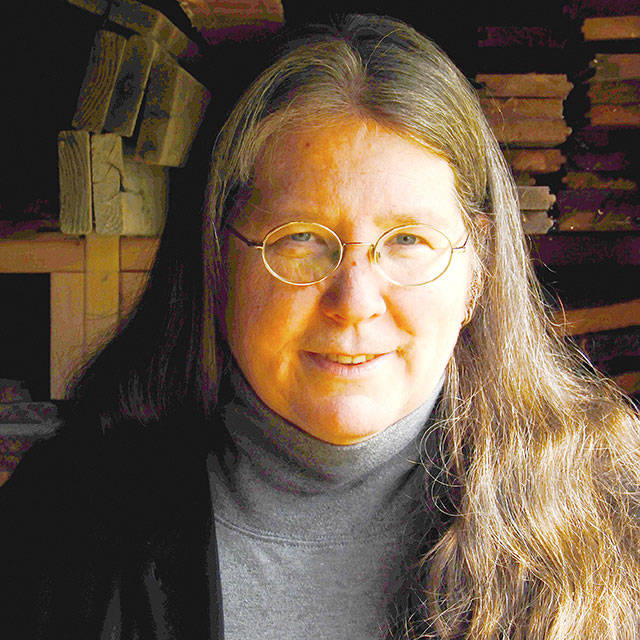Like most people, Denise Ohio had never heard of the Northwest’s bloodiest labor battle, the 1916 clash in Everett that left seven men dead and dozens wounded when gunfire erupted between Snohomish County Sheriff Don McRae and 140 deputies at the Everett City Dock and the 250 members of the Industrial Workers of the World aboard the steamship Verona. As she learned more, the Monroe filmmaker became fascinated by the fact that people who should have been on the same side were turned against one another.
“I wanted to explore why and how that happened,” says Ohio, who went on to research that history in her documentary, “Verona: The Story of the Everett Massacre”.
Ohio will present her research and talk about her film at the Redmond Historical Society’s Saturday Speaker Series program, 10:30 a.m., Saturday, Nov. 11 at the Old Redmond Schoolhouse Community Center, 16600 NE 80th St. Redmond.
What had started as a strike between Everett’s shingle weavers union and shingle mill owners turned into a free-speech battle between the IWW and Sheriff McRae, a man elected twice with labor’s support. The violence escalated with jailings and beatings until that Nov. 5 shoot-out. Besides the dead and wounded, Everett was torn in half and the shingle weavers union was destroyed.
A century later, the conflict’s core values are still relevant.
“We continue to debate issues of civil rights versus security, economic opportunity versus economic exploitation, and equality before the law,” Ohio says. “The arguments people were having on the streets of Everett in 1916 were fundamental concepts of what it means to participate fully and equally in American society. We continue these debates today and continue to see what happens when those who have nothing defy those who have everything.”
For Ohio, the biggest takeaway from her research was learning “how courageous ordinary people could be on behalf of the rights of others. Townspeople joined members of the IWW to stand up for the right of free speech, freedom of association, and freedom of assembly and they spoke up knowing they risked losing their jobs or getting jailed or beaten because it was the right thing to do.”



